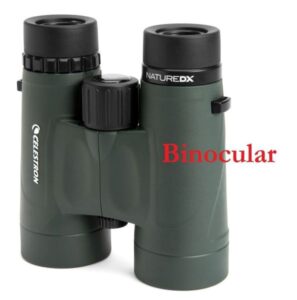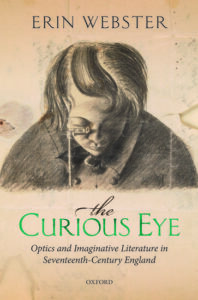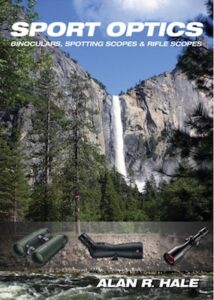While it may seem either too basic to mention or perhaps overly pedantic, the first step in getting to know your binocular is learning to differentiate the words “binocular” and “binoculars.”

While it may seem either too basic to mention or perhaps overly pedantic, the first step in getting to know your binocular is learning to differentiate the words “binocular” and “binoculars.”

Given the invention of both the telescope and the microscope during the seventeenth century, two questions loomed large in the minds of natural philosophers and literary authors alike: “What are the limits to human vision, and to what extent can these limits be overcome by technological enhancement?” Prof. Erin Webster examines the search for the answers to these questions as reflected in the contemporary imaginative literature of the time.

Years ago, I was employed by a manufacturing firm that was overflowing with engineers. Manufacturing engineers, design engineers, optical engineers, even a civil engineer; not a day went by that I didn’t have easily a dozen conversations with some of the most highly skilled people with whom it has ever been my pleasure to work. […]

Each year, dozens of new volumes are added to the ever-expanding library of books written to help bird watchers and naturalists become more adept at, as well as increase their enjoyment of, their respective crafts. From field guides and natural histories to personal reflections and how-to guides, the range of titles is indeed rich and […]